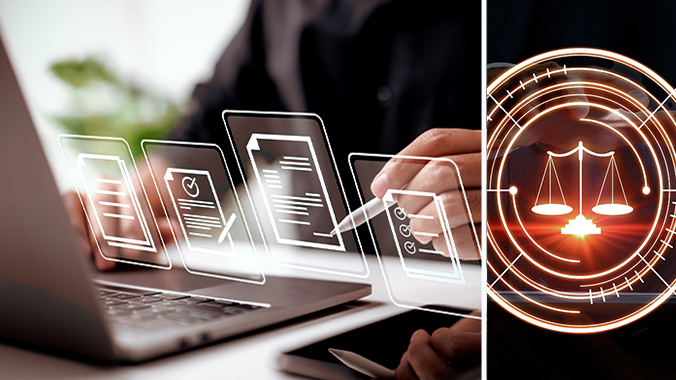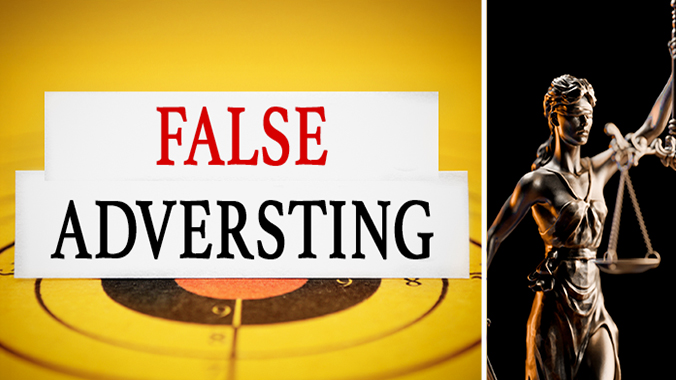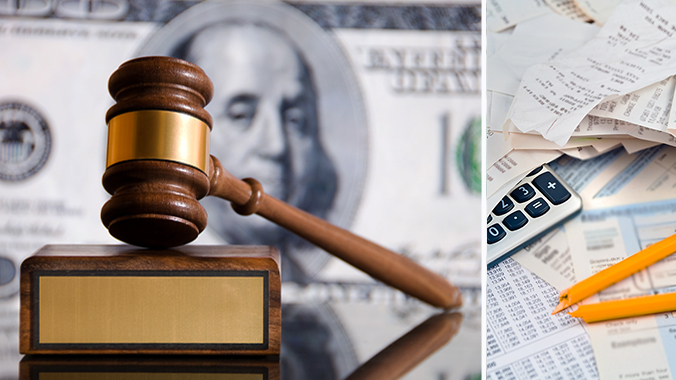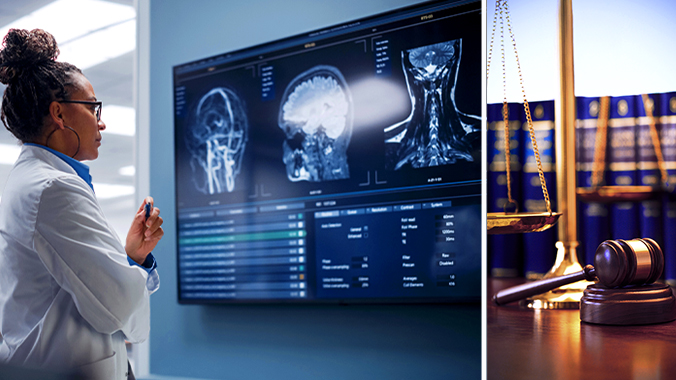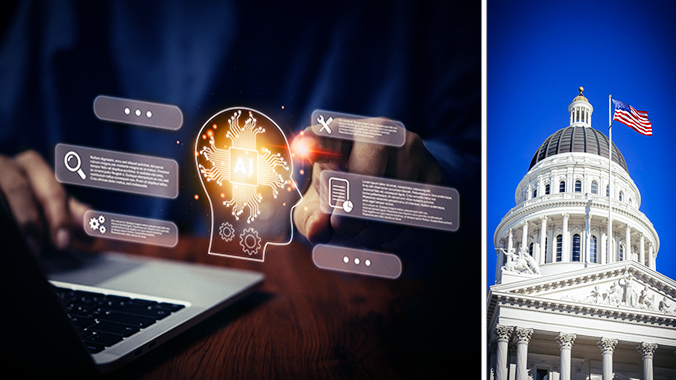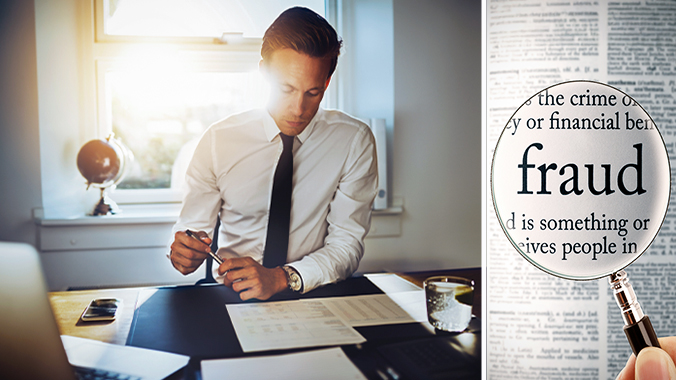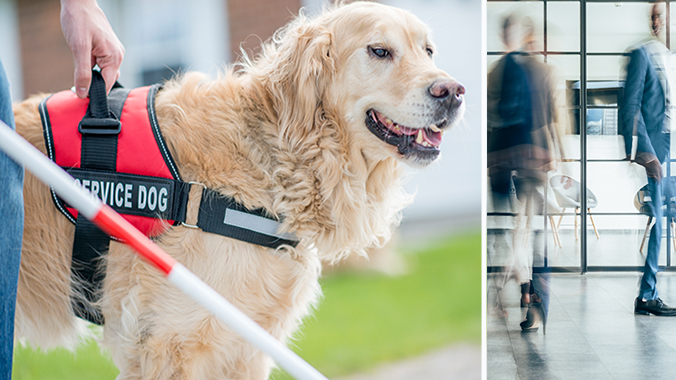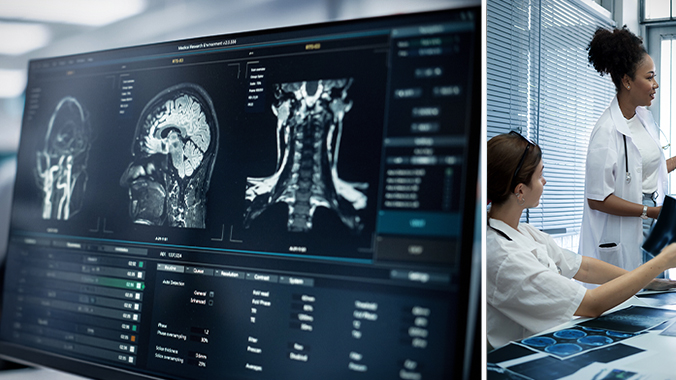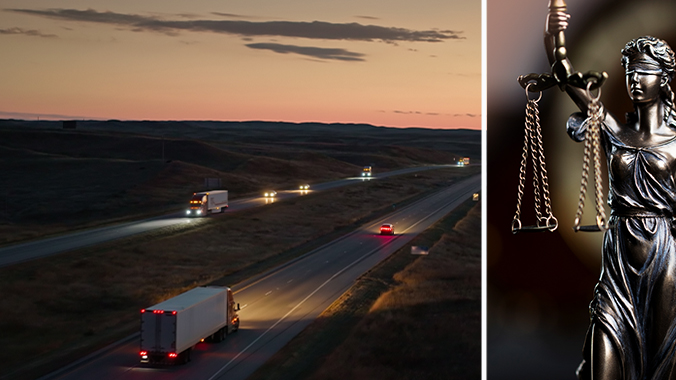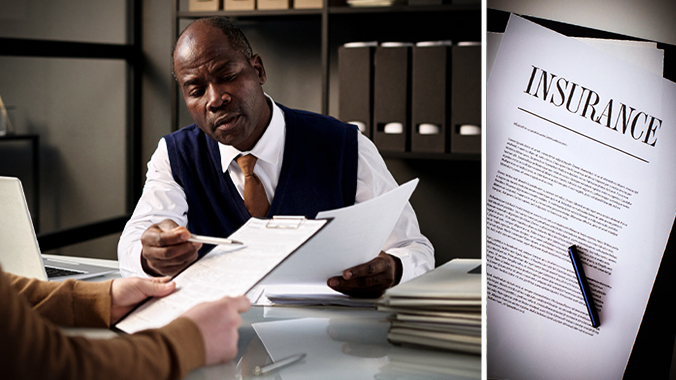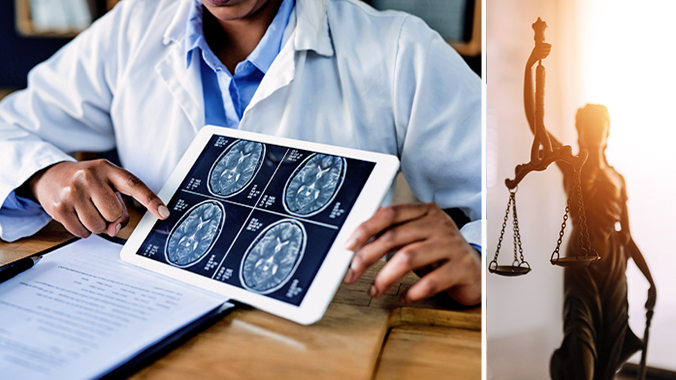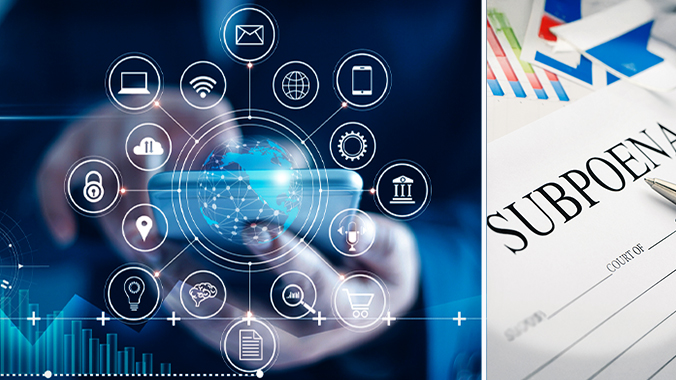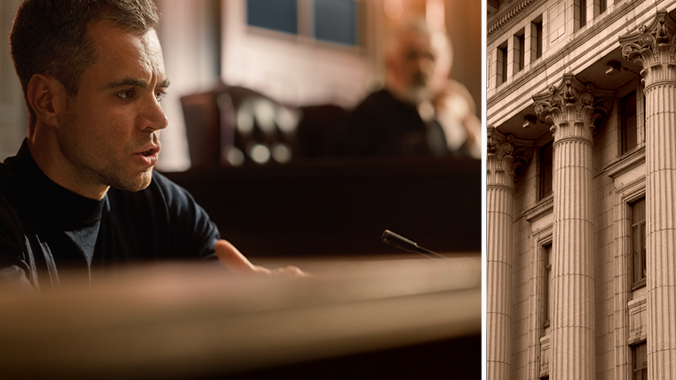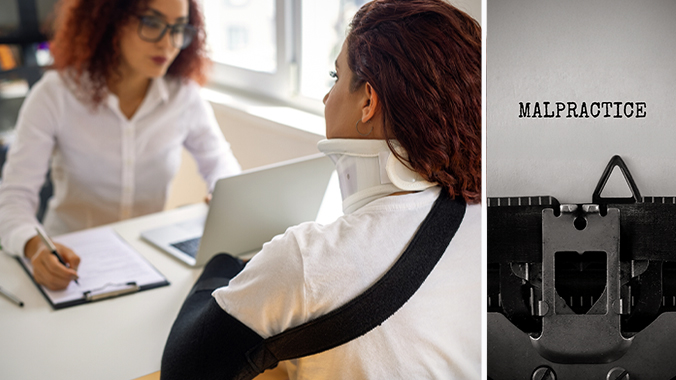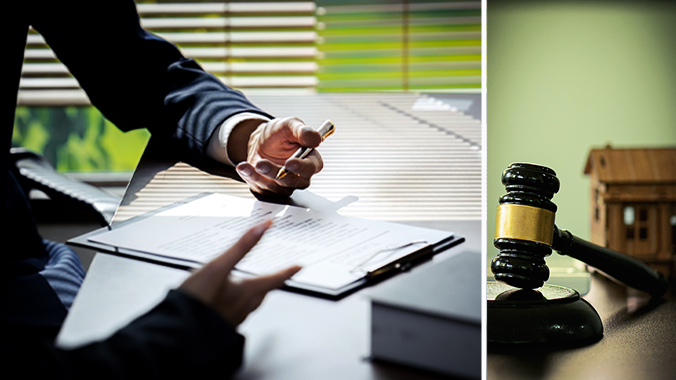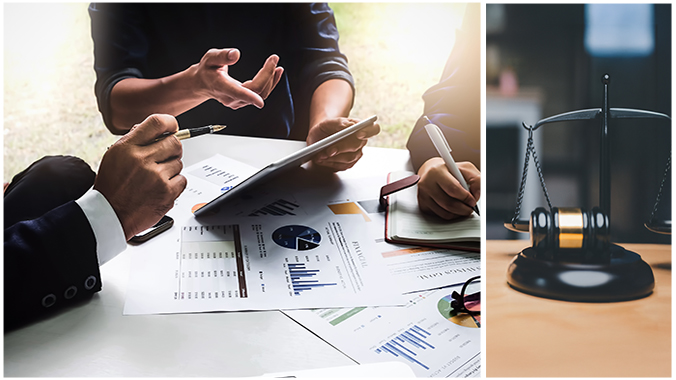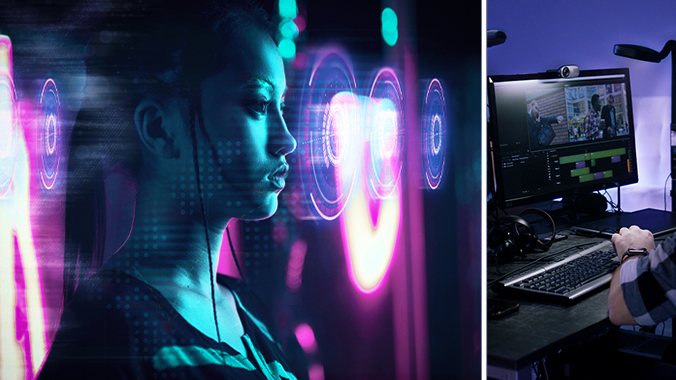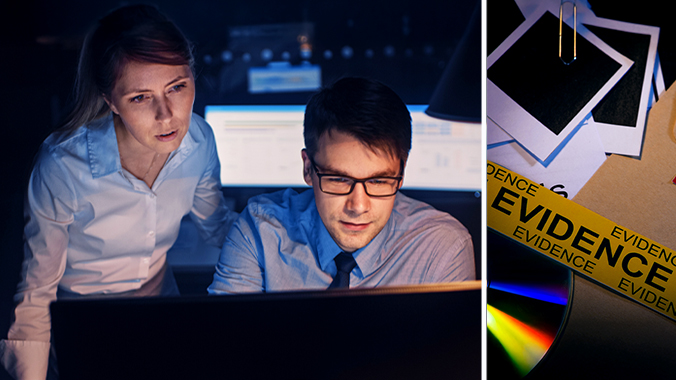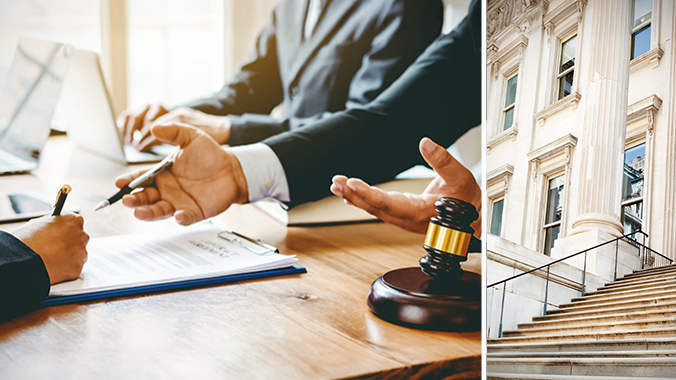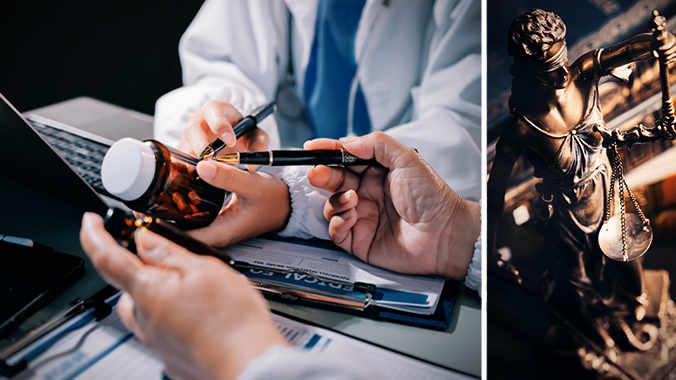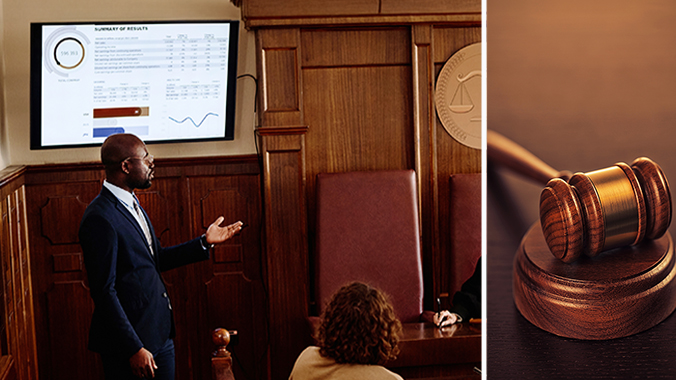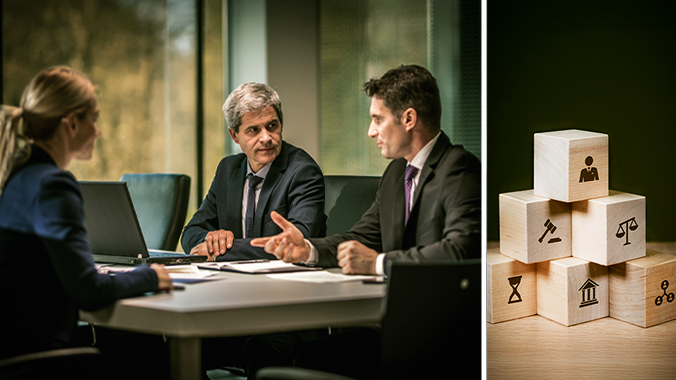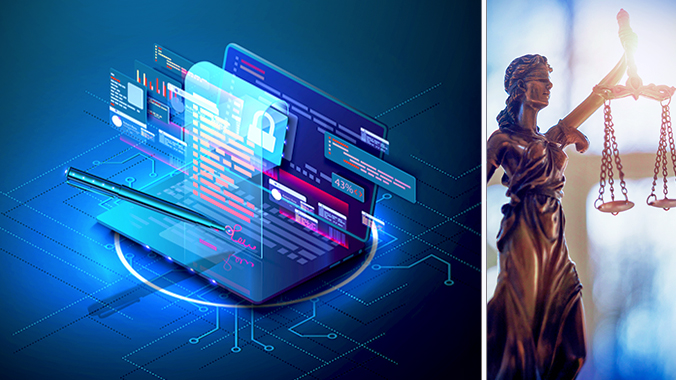Dangerous Words: Free Speech, Digital Threats, and Legal Liability in the Modern Age
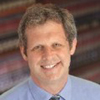

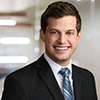

On-Demand: July 11, 2025
3.25 hour CLE
Tuition: $295.00
Co-Sponsored by myLawCLE
Get this course, plus over 1,000+ of live webinars.
Learn More
Training 5 or more people?
Sign-up for a law firm subscription plan and each attorney in the firm receives free access to all CLE Programs
Program Summary
Session I - Speech, Crime & Trauma: From Incitement to Community Harm - Whitney Phillips
"True crime" is a broad genre that refers to non-fiction media about crime that aims to entertain audiences. These media can be historical, educational, or focused on specific political outcomes. Entertainment, however, is their defining feature, which raises a few ethical issues specific to amplification (what stories are publicized), audiences (who engages with the stories and how they do so), and representative (whose stories get told and who gets to tell them). Critically true crime is often collaborative and participatory, as thousands, maybe even millions, of people discuss, share memes and information, and even joke about stories of violence and trauma online. Thus, to talk about true crime it is also important to discuss the social media dynamics that incentivize certain (often problematic) forms of engagement and the consequences of these dynamics, including how they undermine ethical reflection and decision-making, most basically related to questions of how (and if) to respond to true crime stories.
Key topics to be discussed:
- The ethics of amplification, audience, and representation
- Why people share rumors and false information online
- Disaster humor and joking about violence
- The relationship between trauma and media ethics
Session II - Speech & Liability: Defamation, Deepfakes, and the AI Disinformation Problem - Prof. Eugene Volokh
Say Google’s AI hallucinates false allegations about you – says, for instance, that you’ve been convicted of murder, or sued for embezzlement. Can you successfully sue Google for libel? If so, what do you have to show to prevail?
Key topics to be discussed:
- The basic elements of defamation law, as applied to AI output
- How “actual malice” and negligence, staples of defamation litigation, apply in lawsuits against AI companies
- Whether 47 U.S.C. section 230 provides a shield for the companies
- What First Amendment protection is available for AI output
Session III - Speech & the Workplace: Employment Law Meets Free Expression - Brett A. Holubeck
Do employees have free speech rights at work? Can employers limit or discipline employees for their speech? Many employees are under the mistaken impression that they can say whatever they want when they are at work. Employers are also often mistaken about the kinds of speech they can and cannot prohibit. Critically, employers that get this wrong often end up litigating for wrongful termination. In this session, attendees will review the legal limits on employee free speech under the National Labor Relations Act, the First Amendment, and other laws.
Key topics to be discussed:
- Attendees will understand how the National Labor Relations Act applies to both unionized and nonunionized workplaces and employee speech
- Participants will recognize their limitations to limit employee speech
- Attendees will review how employers can respond to speech outside of the workplace
- Participants will understand how to respond to speech that implicates discrimination and other workplace laws
Session IV - Speech & the Profession: When Attorneys Cross the Line - Rebecca Roiphe
This session will cover the free speech rights of lawyers and how the First Amendment limits disciplinary proceedings. Lawyers' speech can be restricted more than others when the regulation furthers a compelling government interest.
Specifically, the courts and disciplinary authorities can sanction lawyers when their speech interferes with the administration of justice or undermines the fiduciary relationship between lawyer and client. When lawyers are acting outside of this context, the government is limited in its regulatory role.
Key topics to be discussed:
- The law surrounding professional speech protection and why and when it is important to protect lawyers' speech
- Disciplinary actions against lawyers in politically charged cases
- Challenged to Rule 8.4(g) and discipline for biased speech and action
- Lawyer speech in criminal cases
This course is co-sponsored with myLawCLE.
![]() Closed-captioning available
Closed-captioning available
Speakers
 Eugene Volokh | UCLA Law
Eugene Volokh | UCLA Law
Eugene Volokh is the Thomas M. Siebel Senior Fellow at the Hoover Institution (Stanford), and the Gary T. Schwartz Distinguished Professor of Law Emeritus (and Distinguished Research Professor) at UCLA School of Law. In his 30 years at UCLA, he taught First Amendment law, a First Amendment amicus brief clinic, tort law, criminal law, copyright law, and firearms regulation policy.
Volokh is the author of the textbooks The First Amendment and Related Statutes (8th ed. 2023), and Academic Legal Writing (5th ed. 2016), as well as over 100 law review articles. He is a member of The American Law Institute, a member of the American Heritage Dictionary Usage Panel, and the founder and coauthor of The Volokh Conspiracy, a leading legal blog. His work has been cited by opinions in ten Supreme Court cases and over 350 court opinions in total, as well as over 5000 academic articles. He has also filed briefs (mostly amicus briefs) in over 150 cases and argued over 40 appellate cases in state and federal courts throughout the country.
Before coming to UCLA, he clerked for Justice Sandra Day O’Connor on the U.S. Supreme Court and for Judge Alex Kozinski on the U.S. Court of Appeals for the Ninth Circuit.
Volokh worked for 12 years as a computer programmer. He graduated from UCLA with a B.S. in math-computer science and has written many articles on computer software. Volokh was born in the USSR; his family emigrated to the U.S. when he was seven years old.
 Rebecca Roiphe | New York Law School
Rebecca Roiphe | New York Law School
Rebecca Roiphe is the Joseph Solomon Distinguished Professor of Law at New York Law School where she teaches Professional Responsibility, Criminal Procedure, Ethics in Criminal Practice, and American Legal History. She runs the Institute for Professional Ethics and is a co-director of the Criminal Justice Institute at NYLS. Professor Roiphe writes on the history of the legal profession and prosecutorial ethics. She has written extensively on the politicization of prosecution and the President’s ability to control the Department of Justice. She is a legal news contributor for CBS News and appears as a legal analyst on MSNBC and CNN. Her opinion pieces have appeared in the New York Times, the New York Review of Books, the Washington Post, and other popular press.
Before going into academia, she worked as an Assistant District Attorney in the New York County District Attorney’s Office where she prosecuted white collar crime. She is currently a member of the New York State Bar’s Committee on the Standards of Attorney Conduct, the liaison from the American Association of Law Schools to the American Bar Association Standing Committee on Ethics and Professional Responsibility, and she serves as a subject matter expert for the Multistate Professional Responsibility Exam.
 Brett Holubeck | Fisher Phillips LLP.
Brett Holubeck | Fisher Phillips LLP.
Brett Holubeck takes a practical approach to counsel and defend businesses and individuals in employment law issues and disputes, working proactively to understand clients’ business requirements, devise solutions tailored to their specific needs, foresee issues to prevent them from becoming lawsuits – and respond effectively if they do.
He knows that good preventative measures are crucial to avoiding litigation and improving performance and employee morale. To this end, he conducts employee and HR training, advises on employee handbooks, drafts employment agreements, and helps ensure compliant policies. As the son of a small business owner, Brett understands the importance of having the right policies and practices in place so businesses can do what they do best: serve their customers and clients. Brett has traditional labor relations experience and has represented companies before the National Labor Relations Board (NLRB) in cases involving union elections, union organizing, and unfair labor practices (ULP) claims.
Before joining Fisher Phillips, Brett practiced employment law at a Gulf Coast regional firm, where he handled wage and hour, discrimination, sexual harassment, disability, employee leave, noncompetition, and labor relations matters. He also has experience conducting investigations and leading arbitrations. He is a frequent speaker on a variety of topics affecting the workplace.
Brett is board certified in Labor and Employment Law by the Texas Board of Legal Specialization.
 Whitney Phillips | University of Oregon
Whitney Phillips | University of Oregon
Drawing from an interdisciplinary humanities background that includes creative approaches to nonfiction writing, I explore the politics and ethics of information: how it impacts elections, public discourse, relationships, and individual wellbeing. Some of the information I study is true. Some are false. Some are somewhere in between. Some are harmful and some are helpful. Some come from jokes, conspiracy theories, rumors, religious beliefs, quasi-religious beliefs, conversations with friends. Some are shared online and some are shared offline. What I am interested in is what the information does.
My qualitative methods reflect my humanities (literary/cultural theory/folklore) training: participant observation, rhetorical analysis, textual analysis, and symbolic analysis. I use these methods to develop cultural histories of the groups and issues I study.
In 2023, I published my fourth book, Share Better and Stress Less: A Guide to Thinking Ecologically about social media (Candlewick Press/MITeen), for young adult readers. It draws from a series of ecological metaphors–redwood root systems, land cultivation, and hurricanes–to explore the links between our technologies, our social networks, and ourselves, and shows how stress impacts online and offline communication.
My 2025 book, The Shadow Gospel: How Anti-Liberal Demonology Possessed US Religion, Media, and Politics (MIT Press), co-authored with political science and religion scholar Mark Brockway of Syracuse University, provides a novel account of the culture wars, Evangelical influence, and the rise of an 80 year old quasi religious anti-liberal demonology that continues to shape the political landscape of the United States. Brockway and I are currently working on a follow-up book to The Shadow Gospel that considers the popularity of demonology – and how it got that way.
In the Media Studies program at SOJC, I teach Intro to Media Studies, Media Ethics (with a true crime focus), Cross Cultural Monster Narratives, and courses on elections during presidential and midterm election cycles. I am a core faculty member in the Folklore Program
Agenda
Session I – Speech, Crime & Trauma: From Incitement to Community Harm | 1:00pm – 2:00pm
- The ethics of amplification, audience, and representation
- Why people share rumors and false information online
- Disaster humor and joking about violence
- The relationship between trauma and media ethics
Break | 2:00pm – 2:10pm
Session II – Speech & Liability: Defamation, Deepfakes, and the AI Disinformation Problem |2:10pm – 2:55pm
- The basic elements of defamation law, as applied to AI output
- How “actual malice” and negligence, staples of defamation litigation, apply in lawsuits against AI companies
- Whether 47 U.S.C. section 230 provides a shield for the companies
- What First Amendment protection is available for AI output
Break | 2:55pm – 3:05pm
Session III – Speech & the Workplace: Employment Law Meets Free Expression | 3:05pm – 4:05pm
- Attendees will understand how the National Labor Relations Act applies to both unionized and nonunionized workplaces and employee speech
- Participants will recognize their limitations to limit employee speech
- Attendees will review how employers can respond to speech outside of the workplace
- Participants will understand how to respond to speech that implicates discrimination and other workplace laws
Break | 4:05pm – 4:15pm
Session IV – Speech & the Profession: When Attorneys Cross the Line | 4:15pm – 4:45pm
- The law surrounding professional speech protection and why and when it is important to protect lawyers’ speech
- Disciplinary actions against lawyers in politically charged cases
- Challenged to Rule 8.4(g) and discipline for biased speech and action
- Lawyer speech in criminal cases
Credits
Alaska
Approved for CLE Credits
0.5 Ethics, 2.75 General
Alabama
Pending CLE Approval
0.5 Ethics, 2.8 General
Arkansas
Approved for CLE Credits
0.5 Ethics, 2.75 General
Arizona
Approved for CLE Credits
0.5 Professional Responsibility/Ethics, 2.75 General
California
Approved for CLE Credits
0.5 Civility in the Legal Profession, 2.75 General
Colorado
Approved for Self-Study Credits
2.5 General, 0.5 Ethics
Connecticut
Approved for CLE Credits
0.5 Ethics / Professionalism, 2.75 General
District of Columbia
No MCLE Required
3.25 CLE Hour(s)
Delaware
Pending CLE Approval
0.5 Enhanced Ethics, 2.75 General
Florida
Pending CLE Approval
0.5 Professionalism Hours, 3.5 General Hours
Georgia
Approved for CLE Credits
3 General, 0.5 Ethics
Hawaii
Approved for CLE Credits
0.5 Ethics / Professionalism, 2.75 General
Iowa
Pending CLE Approval
0.5 Ethics, 2.75 General
Idaho
Approved for Self-Study Credits
2.75 General, 0.5 Ethics
Illinois
Approved for Self-Study Credits
2.75 General, 0.5 Ethics
Indiana
Pending CLE Approval
0.5 Ethics, 2.75 General
Kansas
Pending CLE Approval
0.5 Ethics / Professionalism, 2.75 Substantive
Kentucky
Pending CLE Approval
0.5 Ethics, 2.75 General
Louisiana
Pending CLE Approval
0.5 Professionalism, 2.75 General
Massachusetts
No MCLE Required
3.25 CLE Hour(s)
Maryland
No MCLE Required
3.25 CLE Hour(s)
Maine
Approved for Self-Study Credits
3.25 General
Michigan
No MCLE Required
3.25 CLE Hour(s)
Minnesota
Approved for Self-Study Credits
2.75 General, 0.5 Ethics
Missouri
Pending CLE Approval
0.6 Ethics, 3.3 General
Mississippi
Pending CLE Approval
0.5 Other (Professional Responsibilty), 2.75 General
Montana
Pending CLE Approval
0.5 Professional Fitness and Integrity, 2.75 General
North Carolina
Pending CLE Approval
0.5 Professionalism, 2.75 General
North Dakota
Approved for CLE Credits
0.5 Ethics, 2.75 General
Nebraska
Pending CLE Approval
0.5 Professional Responsibility, 2.75 General
New Hampshire
Approved for CLE Credits
30 Ethics / Professionalism minutes, 165 General minutes
New Jersey
Approved for CLE Credits
0.6 Ethics / Professionalism, 3.3 General
New Mexico
Approved for Self-Study Credits
2.75 General, 0.5 Ethics
Nevada
Pending CLE Approval
0.5 Ethics / Professionalism, 2.75 General
New York
Approved for CLE Credits
0.6 Ethics / Professionalism, 3.3 General
Ohio
Pending CLE Approval
0.5 Professional Conduct, 2.75 General
Oklahoma
Pending CLE Approval
0.5 Ethics / Professionalism, 3.5 General
Oregon
Pending CLE Approval
0.5 Ethics, 2.75 General
Pennsylvania
Approved for Self-Study Credits
0.5 Ethics, 2.75 General
Rhode Island
Pending CLE Approval
0.5 Ethics / Professionalism, 3.5 General
South Carolina
Pending CLE Approval
0.5 Ethics / Professionalism, 2.75 General
South Dakota
No MCLE Required
3.25 CLE Hour(s)
Tennessee
Approved for Self-Study Credits
2.75 General, 0.5 Dual
Texas
Approved for CLE Credits
2.75 General, 0.5 Ethics
Utah
Pending CLE Approval
0.5 Professionalism & Civility, 2.75 General
Virginia
Pending CLE Approval
0.5 Ethics / Professionalism Hours, 2.75 General Hours
Vermont
Approved for CLE Credits
0.5 Ethics, 2.75 General
Washington
Pending CLE Approval
0.5 Other (Professional Development) Hours, 2.75 Law & Legal Hours
Wisconsin
Approved for Self-Study Credits
2.5 General
West Virginia
Pending CLE Approval
0.6 Ethics / Professionalism, 3.3 General
Wyoming
Pending CLE Approval
0.5 Ethics / Professionalism, 2.75 General
Preview
More CLE Webinars
Trending CLE Webinars


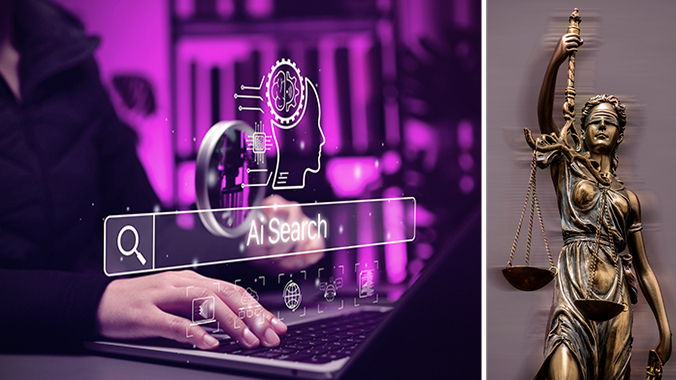
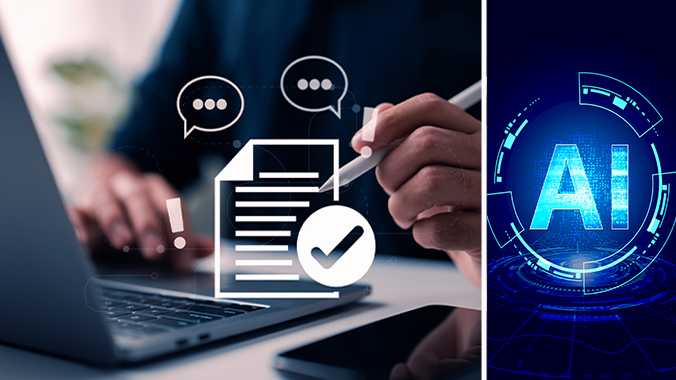
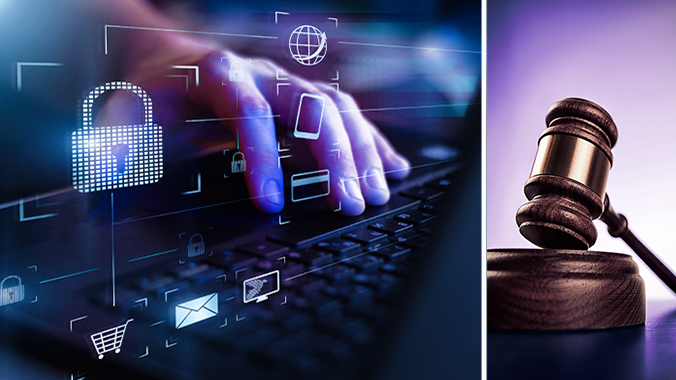
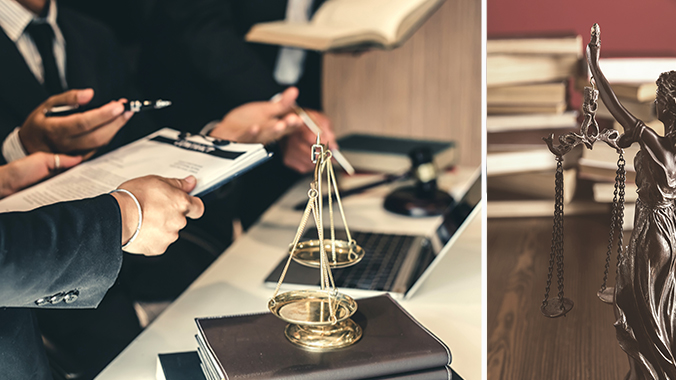
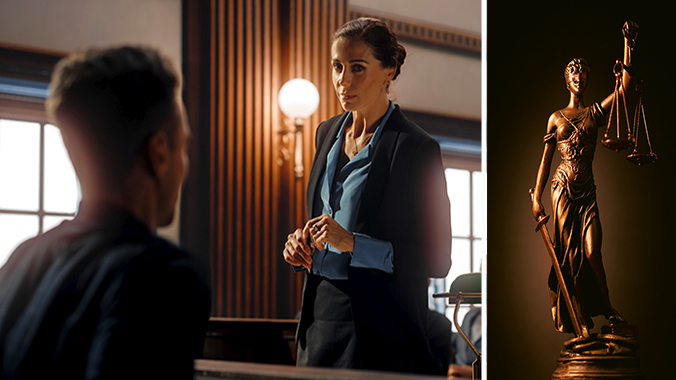
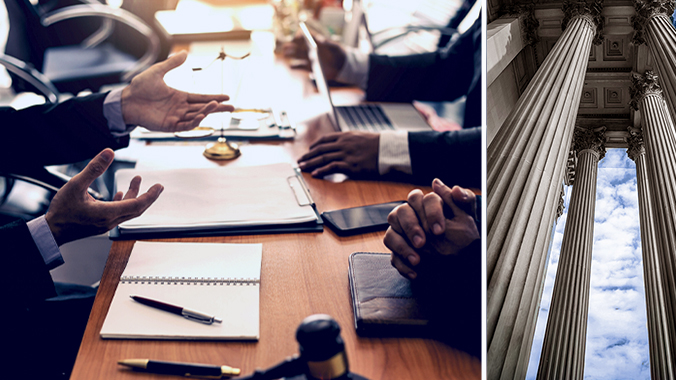


Upcoming CLE Webinars

